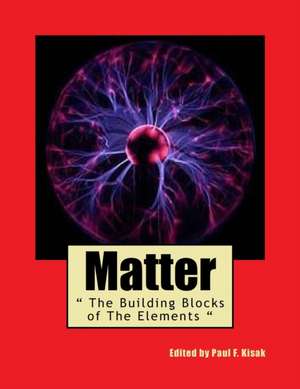Matter
Autor Edited by Paul F. Kisaken Limba Engleză Paperback
Preț: 147.79 lei
Nou
Puncte Express: 222
Preț estimativ în valută:
28.28€ • 29.36$ • 23.58£
28.28€ • 29.36$ • 23.58£
Carte disponibilă
Livrare economică 03-17 martie
Preluare comenzi: 021 569.72.76
Specificații
ISBN-13: 9781517727505
ISBN-10: 1517727502
Pagini: 278
Dimensiuni: 216 x 280 x 15 mm
Greutate: 0.65 kg
Editura: CreateSpace Independent Publishing Platform
ISBN-10: 1517727502
Pagini: 278
Dimensiuni: 216 x 280 x 15 mm
Greutate: 0.65 kg
Editura: CreateSpace Independent Publishing Platform
